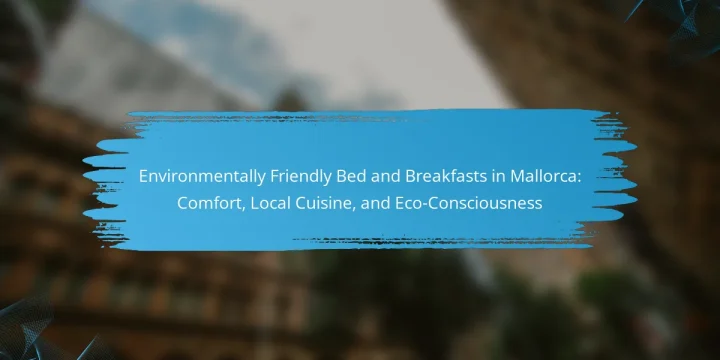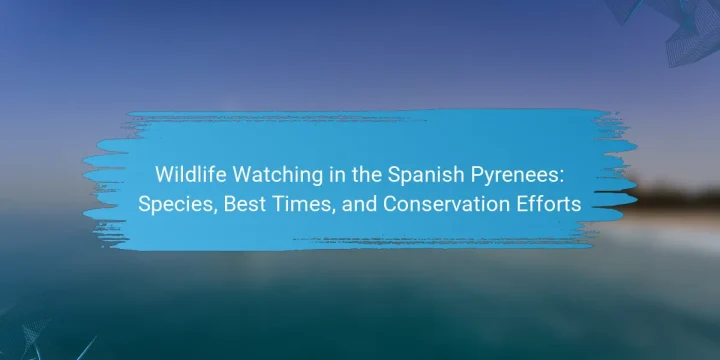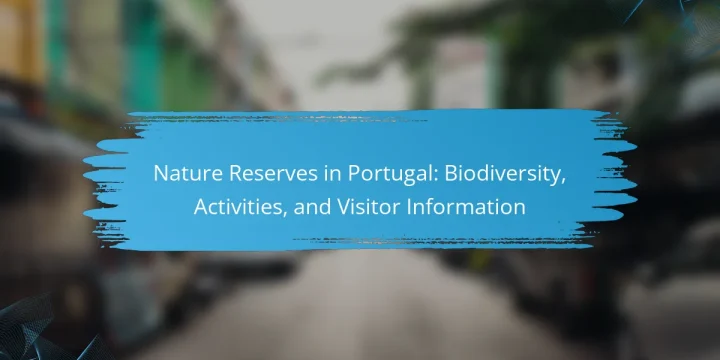
Birdwatching in the Camargue offers a unique opportunity to observe over 400 bird species, including the iconic greater flamingo. Discover the best spots for viewing, such as the Parc Ornithologique de Pont de Gau and Étang de Vaccarès. Learn about seasonal highlights, especially during spring and autumn migrations, when bird activity peaks. This region's diverse wetlands create an exceptional habitat for both novice and experienced birdwatchers. What makes the Camargue a prime destination for birdwatching? The Camargue is a prime destination for birdwatching due to its diverse species, unique habitats, and seasonal migrations. This region hosts over 400 bird species, including flamingos, herons, and egrets. The best spots for birdwatching include the Parc Ornithologique de Pont de Gau, where visitors can observe these birds in their natural environment. Spring and…








